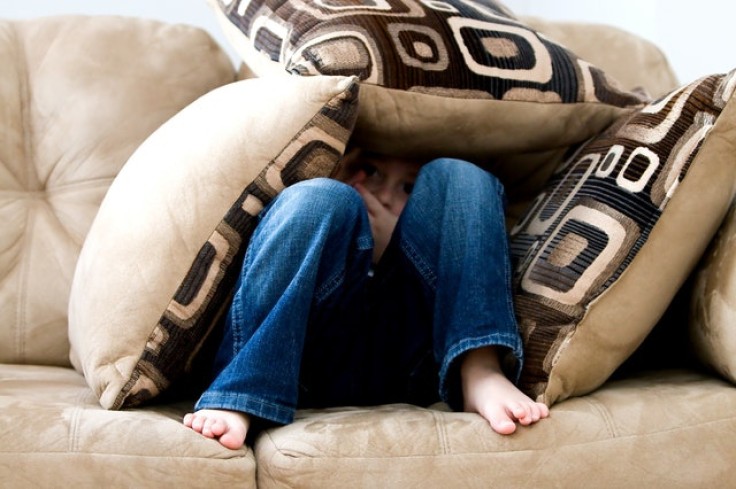
Did you know that young children can suffer from depression too? And it's different from childhood blues. How can parents effectively spot depression?
Parents should be aware that the number of young children suffering from depression has continuously increased. However, every parent and guardian's knowledge and understanding about childhood depression has not improved over time, making it hard to spot depression in their child.
Unfortunately, there are still many parents and guardians who think that young children don't suffer from depression because they think they are too young and have no reasons to be depressed as young children tend to enjoy life and be happy. The idea that young children don't get depressed should be debunked.
Though sadness in your young children doesn't immediately imply depression, parents must be aware that successive and frequent sadness will often result in depression. Significantly when it already interferes with their social life, interest, schools, and their family, these will cause and trigger their depression.
So why is it imperative for parents to spot depression in their young children? How children develop depression, and how could parents stop it?
Ways to spot depression—here are the signs
Young children usually don't like or don't know how to utter their feelings, especially their parents. Younger children are prone to experience physical or bodily symptoms such as aches and pains, restlessness, and anxiety when stressed.
Parents can also spot depression from the following signs and symptoms;
- Social withdrawal or their loss of interest in social and fun activities outside or even at home.
- They are having difficulties in giving focus to certain things
- They are compassionate when being rejected, and they quickly get irritated and angry.
- The appetite changes may often lead them to have increased weights or too much loss of appetite.
- They sometimes talk like they want to leave their home or talk about giving their lives away or dying.
- You will hear them complaining about physical health more often.
- Feeling unworthy inside the family and friends
- They end up losing interest in playing with their toys and all the activities they tend to enjoy and like.
- Fatigue and low energy are caused by lack of sleep or too much sleep.
How to help your child when having depression?
If you happen to spot these signs of depression in your children and it worries you, there are ways for you to help them. There are some clinics wherein in-house mental health is available as part of their services. You can try a clinic like this and bring your child for a check-up and immediate treatment.
While other doctors will recommend your children to therapists who can be the best help for them, but because of today's pandemic, consider that most medical assistance is brought into your home. Mental health specialists also lack personnel that is why most services are diverted to telehealth.
Parents must keep in mind that their children's moods will change over time. Just give them sensitive parenting as support and the appropriate environment for them to cope.